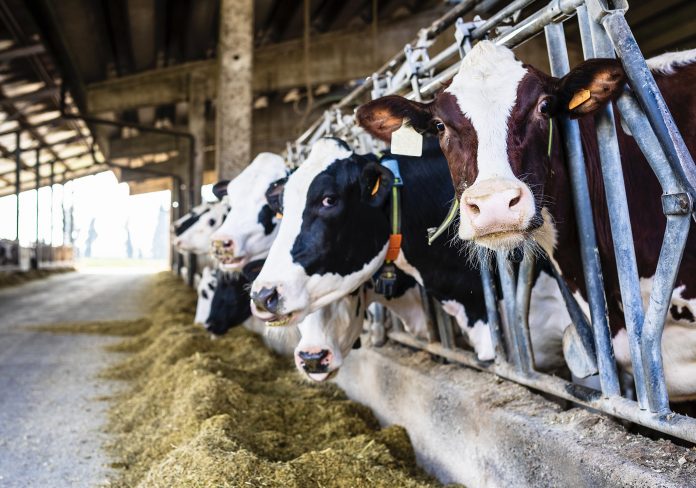You can help all animals and our planet by choosing compassion on your plate and in your glass. #GoVeg
RELATED ARTICLES
Pressure Mounts For Arizona To Ban Dog Pack Hunting Of Mountain Lions, Bears & Other Critical Species
Conservation groups have submitted a petition to the Arizona Game and Fish Commission urging a ban on the use of dog packs for hunting...
Help Save Millions Of Lives This Holiday By Choosing Compassion On Your Plate; Adopt A Turkey Today!
As Thanksgiving approaches, we hope you enjoy a warm and safe holiday. We encourage you to make a compassionate choice by leaving animals off...
Giraffes Are One Step Closer To Receiving Vital Endangered Species Act Protections
In response to a petition and subsequent lawsuit by conservation and animal protection organizations, the U.S. Fish and Wildlife Service (USFWS) has proposed listing...
Popular stories
News
Breaking! The UK Introduces Legislation To Recognize Animals As Sentient Beings & Publishes History-Making Action Plan For Animal Welfare
Yesterday, following a speech by Queen Elizabeth, the UK Government published a history-making Action Plan For Animal Welfare. The plan is designed to revolutionize the treatment of...
News
“Monkey Whisperer” Who Reportedly Sold Chris Brown A Capuchin Monkey In 2017 Pleads Guilty To Federal Charges For Trafficking Protected Primates
Jimmy Wayne Hammonds, also known as “the Monkey Whisperer,” pleaded guilty to having violated the Endangered Species Act and Lacy Act in connection with...
News
World Animal News TOP Stories Making Headlines This Month
1. China Bans Wildlife Trade Permanently Due To The Coronavirus Outbreak That Has Already Claimed The Lives Of More Than 3,000 People
The National People’s Congress...



